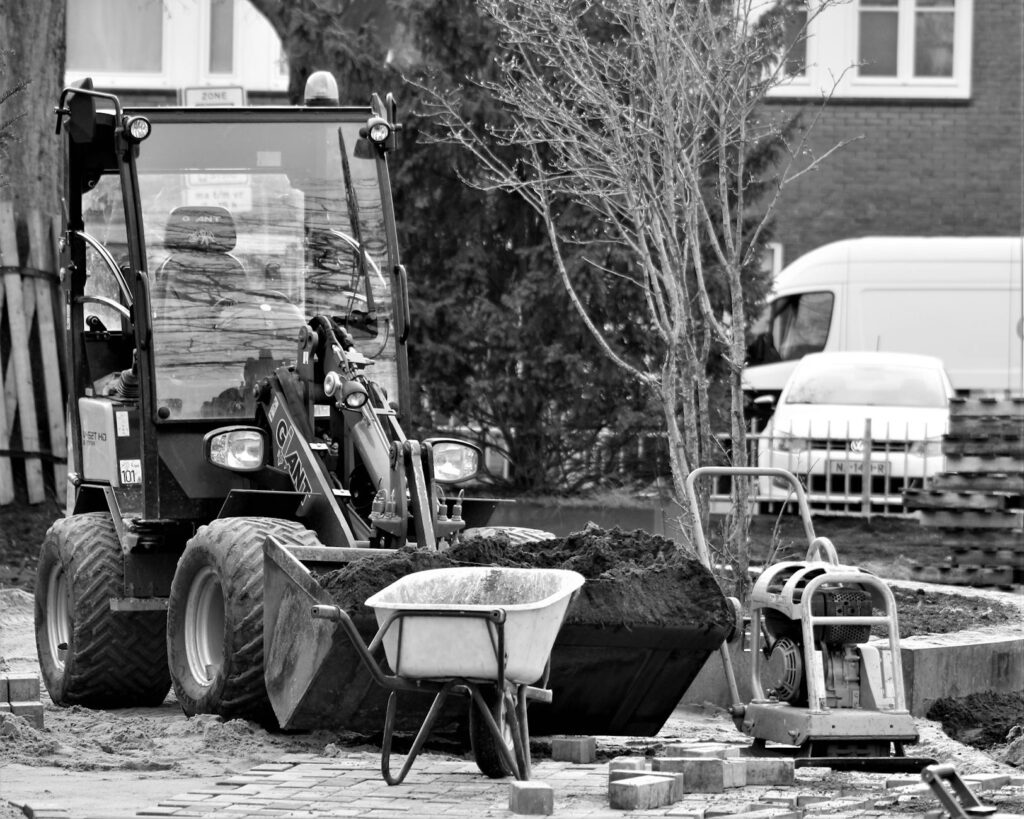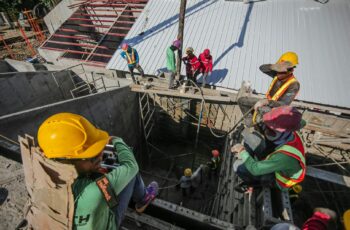Finding the right general contractor can be the cornerstone of a successful construction or renovation project. This guide will help you navigate the process, from initial planning to project completion.
Understanding the Role of a General Contractor
A general contractor (GC) is essentially the project manager for your construction or renovation. They oversee all aspects, from budgeting and scheduling to hiring subcontractors and ensuring quality control. Choosing the right one is crucial for staying on budget and schedule. Understanding their responsibilities is the first step. 
Finding and Vetting Potential Contractors
Your search should begin with recommendations from friends, family, or online reviews. Check out websites like Angie’s List and HomeAdvisor for verified reviews and ratings. Always check licenses and insurance, and don’t hesitate to ask for references. A thorough vetting process can save you significant headaches down the line.
The Importance of a Detailed Contract
A comprehensive contract is paramount. It should clearly outline the scope of work, payment schedules, timelines, and dispute resolution procedures. Make sure you understand everything before signing, and don’t hesitate to ask for clarification. You can learn more about creating a strong contract by reading our guide on contract negotiation.
Managing the Construction Process
Regular communication with your GC is key. Expect scheduled meetings to review progress, address concerns, and make necessary adjustments. Having a clear understanding of the project timeline and milestones is also important. Remember to keep detailed records of all communication and payments. [IMAGE_2_HERE]
Budgeting and Payment Schedules
Establish a clear budget upfront, and make sure the payment schedule aligns with the project milestones. Avoid paying large sums upfront; instead, opt for a payment structure tied to completed phases of work. Consider consulting with a financial advisor to ensure your financial plan accounts for all potential costs. You might find our article on effective budgeting strategies useful.
Dealing with Unexpected Issues
Construction projects often encounter unforeseen problems. Having a well-defined contract will assist in navigating these situations. Clearly defined procedures for dealing with change orders and disputes should be included. Always stay calm and communicate openly with your contractor. [IMAGE_3_HERE]
The Final Walkthrough and Project Completion
Before final payment, conduct a thorough walkthrough to identify and address any outstanding issues. This is your opportunity to ensure everything meets the agreed-upon specifications. Consider taking photos or videos as documentation. Once satisfied, you can formally accept the project. Learn more about project completion best practices for a smoother experience. We recommend obtaining a Certificate of Occupancy from your local authorities before you move in.
Choosing the Right Materials
Selecting appropriate materials is crucial for long-term durability and aesthetics. Work closely with your contractor to choose materials that align with your budget and vision. Research different options and don’t hesitate to ask for samples. Choosing high-quality materials will increase longevity and reduce future problems. Consider visiting a local lumberyard or building supply store, like Home Depot, for ideas and guidance.
Conclusion
Selecting and working with a general contractor is a significant undertaking. However, by following these steps and staying informed, you can significantly increase your chances of a positive and successful project outcome. Remember, clear communication, a detailed contract, and regular monitoring are crucial for a smooth experience.
Frequently Asked Questions
What qualifications should I look for in a general contractor? Look for licensing, insurance, proven experience, and positive references.
How do I avoid hidden costs? Get a detailed, itemized estimate, and insist on a clear contract outlining all costs.
What if I have disputes with my contractor? Refer to your contract’s dispute resolution clause; consider mediation or arbitration.
How can I stay organized throughout the project? Keep detailed records, including contracts, payment records, and communication logs. Consider using project management software like Asana.

